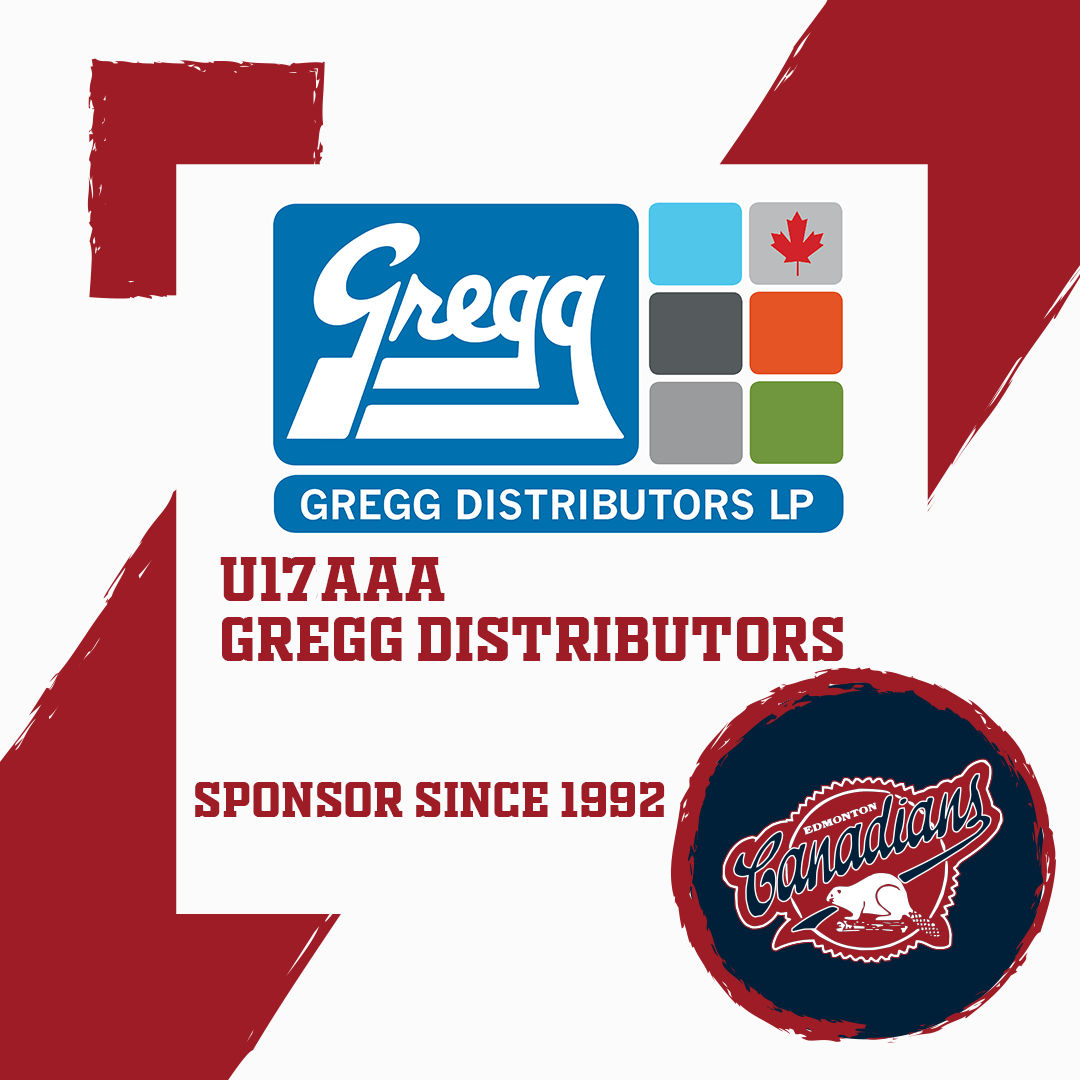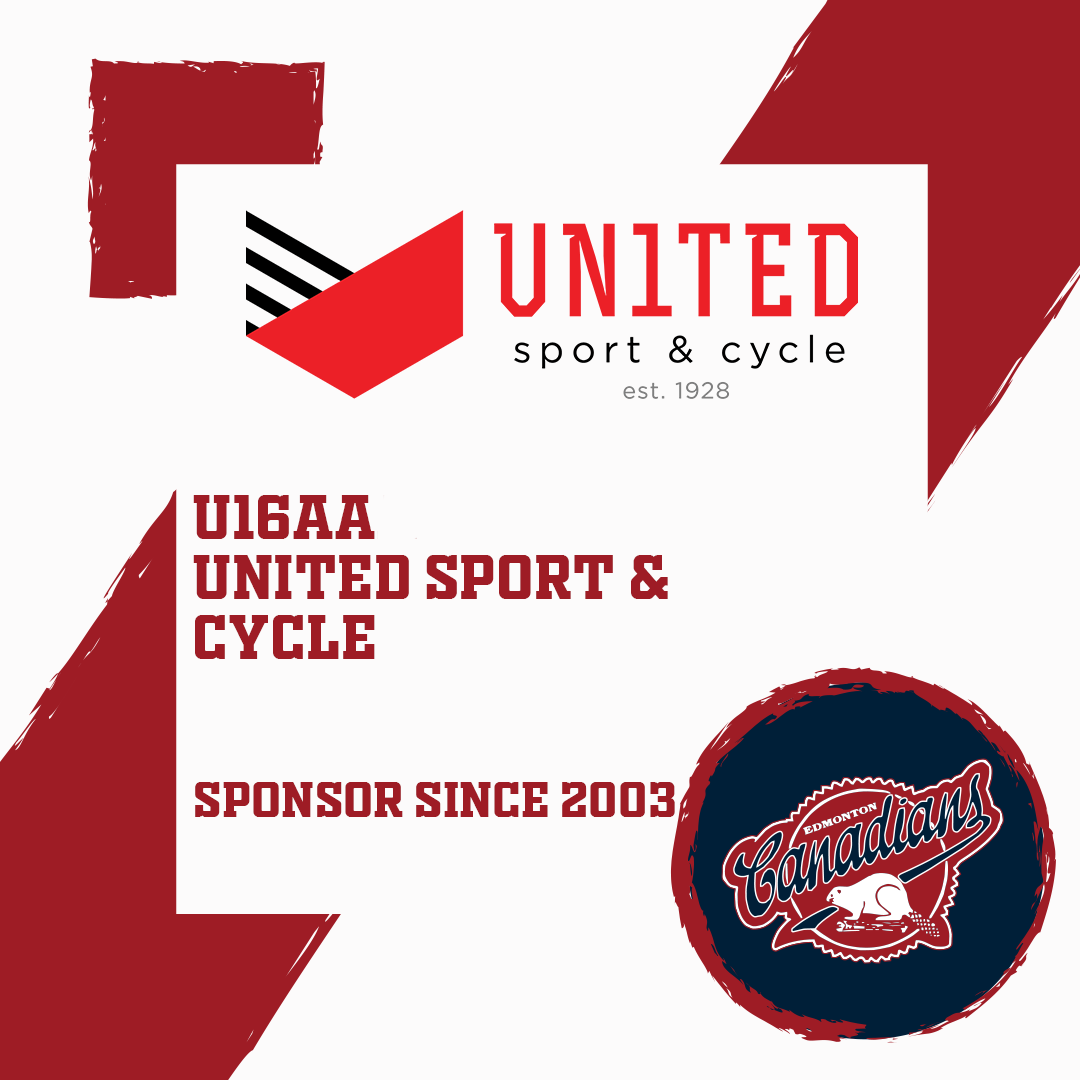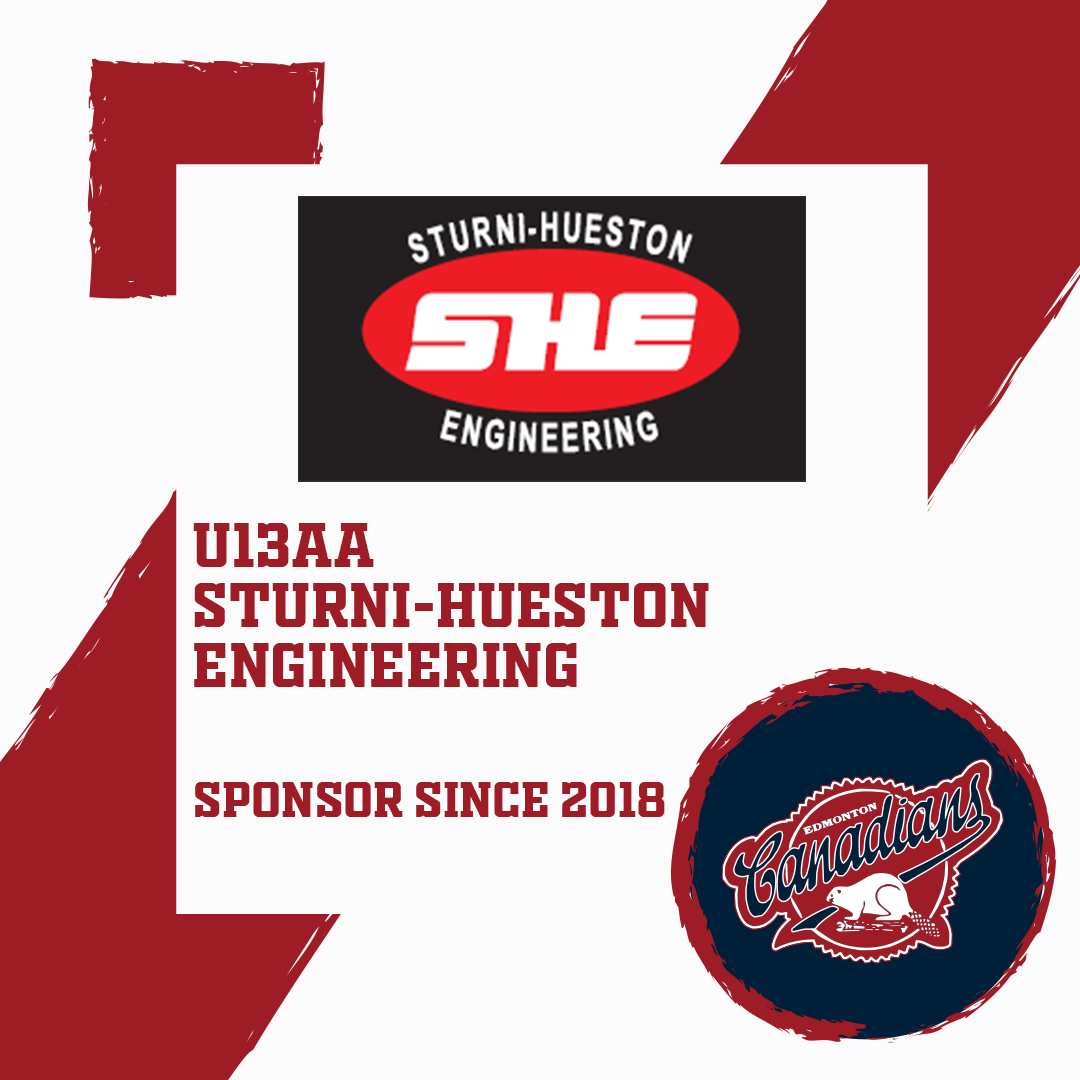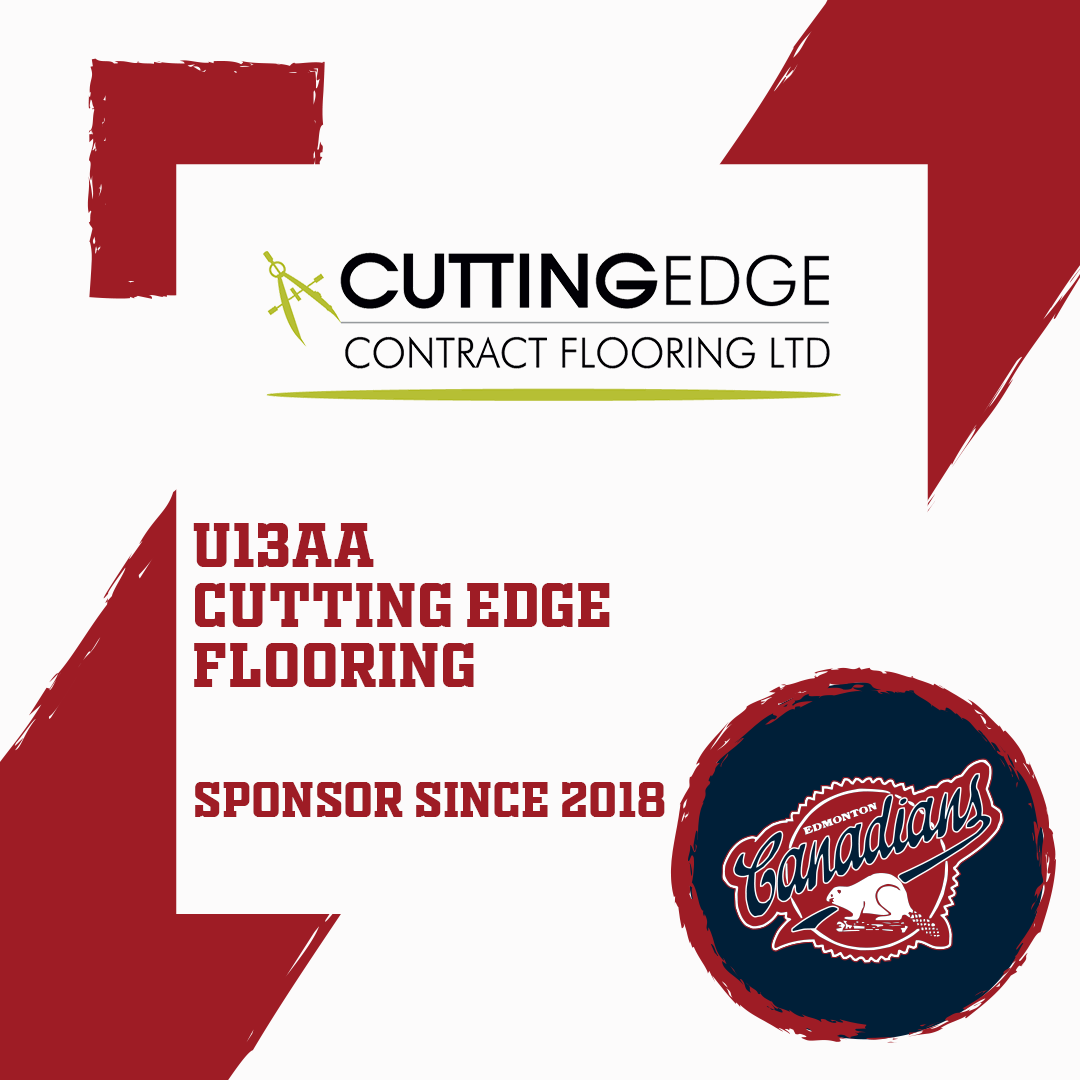How Do I Choose a Junior Hockey Program (If I'm Serious about hockey)
How Do I Choose a Junior Hockey Program (If I'm Serious about hockey)

- Apr 9, 20169
by Mike Bowman
Mike_Bowman78@yahoo.com
This is actually a bigger decision than you may think, when it comes to your career. Some of you may be scratching your head, thinking that the junior hockey coach is the one who chooses. While that is definitely sometimes the case, often times players have more choice than they believe. This could be one of the most important decisions of your hockey career, so pay attention.
First of all, realize that junior hockey is your pathway to collegiate hockey. Make sure you choose a program where you can both develop and thrive. Often times, that comes down to the coach you choose. MOST coaches have a major say in what goes on in the program. If there’s a power struggle between the coach, GM and/or owner, be weary. That often times becomes the story of the program, instead of the players it develops or success on the ice. Not always the case, but something to be weary of.
Here are 10 questions to consider, and some to even ask directly. And when I say ask, don’t take just the coach’s word. Do your research. Talk to former and current players. Talk to the owner. Heck, call the rink manager where they practice as well and get their opinion. If there are a lot of inconsistencies in the stories, proceed with caution.
- EDUCATION: What is your philosophy on education? This is a big indicator of how important continuing education is to the program, and what they do to promote it. How many players did they move on to HOCKEY PROGRAMS in colleges? (Way too many organizations list their alumni as going to different schools, even if they are not playing hockey there). Do you have any arrangements with local schools, charter schools, or community colleges where I can continue to get my education while playing there? Sometimes with college credits, b/c of in-state tuition rates, it’s best to just register with a college in the state of your family home. How does the practice and training schedule fit in with my educational needs?
- PRACTICE FOCUS AND EMPHASIS: Tell me about you practice schedule. What is a typical day like for your players? How much ice time do we have in a typical week, and what’s the breakdown? Is it skill-focused? Systems? Do we just run the same 3-4 drills every day at practice? Are there specific coaches working with specific positions at practice? Do we have extra ice time where we can work on developing our weaknesses?
- EXTRA TRAINING: Tell me about your off-ice strength and conditioning program. Who runs it? Can I have his / her name so I can research their qualifications? How often do we do the off-ice? Is it supervised? Do we have a chance to use a workout facility in our own time as well? What about video analysis? Does someone break down our games and use video to teach and correct? How often do we have video sessions? Is there someone who can work individually with me or provide me with the access to do so myself? Watch some of the games the team has played, and check out the quality of the video. Many junior teams have horrible quality filming, some average, and some are NCAA or Pro quality. Make sure it’s adequate quality video to efficiently be able to review and learn.
- EXTRA PERKS: Does your team have its own skate sharpener? Do you have someone who does it regularly for the players? Skate sharpening is very important on a regular basis when you are on the ice that much. Do you provide tape for regular use? What about water / gatorade? What else do you provide so that I can dedicate my time, effort and energy to just education, hockey, team activities and personal development? This may be minor, but it's something small to consider, perhaps if all else is equal.
- COMMUNITY INVOLVEMENT: One of the biggest things you can do for personal development is volunteer in the community. It allows you to learn how to speak and interact with strangers, learn how to present yourself as a complete person, and learn to care about more than just yourself and hockey. Find out if your team does community events, and how often. If they don’t, ask if they will help you get involved somehow in the community.
- SELF EVALUATION: Is your game is good enough to get you where you want to go. Do you go to a program which will challenge you to round out and expand your game? Do you need a coach that will highlight your game? Are you at the stage of your career where you need a more development-focused approach? Or are you at the point where you need to push all your chips in and need to highlight your assets? Perhaps a combination of the two? DEFENSEMEN: If you are a stay-at-home defenseman, and feel it’s your best shot to move on, maybe avoid these situations. If a team is a ‘defense first, at all costs’ mentality, that will benefit you and promote you as a stronger defensemen, because the help from your teammates allows you to thrive within your game. If you are a defenseman that thrives in offensive situations, make sure you are looking for a program that allows you to jump in the play and freely flow in a 5-player system.
- FORWARDS: If you are a forward, and perhaps speed is not your asset, you want to make sure that your style fits within the coach’s game-plan. If you are very fast and all offense, you have a choice to make. Should I go to a team that forces me to play a complete game, thereby limiting my offensive skills? Or should I just go to a team that allows me to put up the points and get noticed? If you are a hard-checking, defense-first, sound fundamental forward, make sure you go to a program that values the role of 3rd liners. While you are there make sure to spend extra time focusing on developing your fundamental skills so you are an asset at a higher level.
- GOALTENDERS: Does your program have a goaltending coach? What are his/her qualifications? How much time is set aside specifically for goaltender development? Is there video sessions specific for goaltenders? Goaltenders need to make sure that they play in a system where they are able to get the numbers that will get them noticed. Please read this article for further clarification on what I mean by this.
- GAME COACHING: Does the coach use the regular season and the entire game to win only? Does he roll 4 lines of ‘O’ and 3 lines of ‘D’? How does he rotate the goaltenders? Believe it or not, many coaches are coaching for their jobs instead of their players’ development. They would rather highlight a couple studs than develop an entire roster. This exists in a lot of places. Do your research to find out. Regular seasons should be used to develop talent across the board. Obviously a 4th liner won’t see as much ice as a 1st liner, but should still get adequate game experience to continually develop. Each goalie won’t see the same amount of starts, unless they perform similarly. It’s not equal ice time, its about opportunities to develop. Junior hockey is another step in the development process. Make sure you choose a program where you will develop at the rate which is necessary to play at the next level.
- BILLETING: What is the billeting situation? Do you have enough billet families? Will they have nutritional food for me to eat there? Will they make a hot meal for dinner? Are there houses where players live on their own (not an ideal situation)? Will I have transportation to and from the rink and workout facility whenever needed? Have the billet families been properly vetted? How many kids are at each billet house (1 or 2 is ideal)? Be aware, there are actually some teams in some leagues that stuff 4-12 players in a single house, and shop for them once a week. That’s NOT tolerated in some leagues (thankfully). Do your research.
- COACH CONNECTIONS: Does this coach have connections to colleges or higher levels of junior hockey you may be considering? Connections alone will not get you anywhere, but just like in the job world, opportunities are few and applicants are many, so any help with connections is a key. Now, keep in mind, many coaches will rattle off ‘connections’ simply as people they know, and people they can contact. Anyone can contact other coaches. It’s a matter of the depth and respect of the relationship between your coach and the coach of the program where you want to go. Do your homework on this, and use it as a part of your decision-making process. But without a lot of the other things listed above, connections will not do you much good if you aren't the player, person and student you need to be.
- NEXT LEVEL: What does my coach and GM know about the next level? Do they know what rules must be followed in order for me to maintain NCAA eligibility? Do they know what I must know in order to be able to play at the next level? Are they coaching just to win at this level, or are they making sure to teach me how to be successful at the next level?
IN SUMMARY:
Those are some of the keys to finding the right junior program. Sometimes you won’t have choices, but often times you will. You ultimately control your own career. While teams and coaches can have a minor, or sometimes major influence on a player’s career, ultimately it’s up to the player. How much did you do to make sure you ended up in the right spots? How much work did you do in the offseason? How much extra work did you do in addition to your team-mandated practices? How attentive were you to your studies in high school and early college courses? Did you compile video in addition to profile information, and market yourself to coaches in programs which interest you? I concede that many of these questions will irritate a lot of junior coaches. However, no one looks out for you as much as you. While you don’t want to come across as high-maintenance, you want to do your due diligence, because you will have to live with your choices. Make them for the right reasons. Make them as part of a larger plan of development. Make them count.








